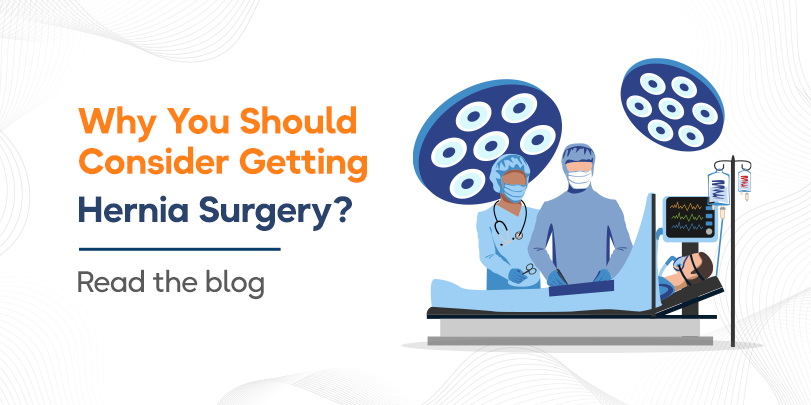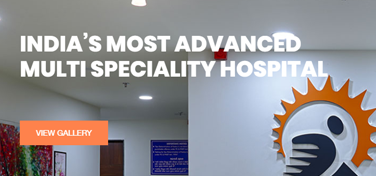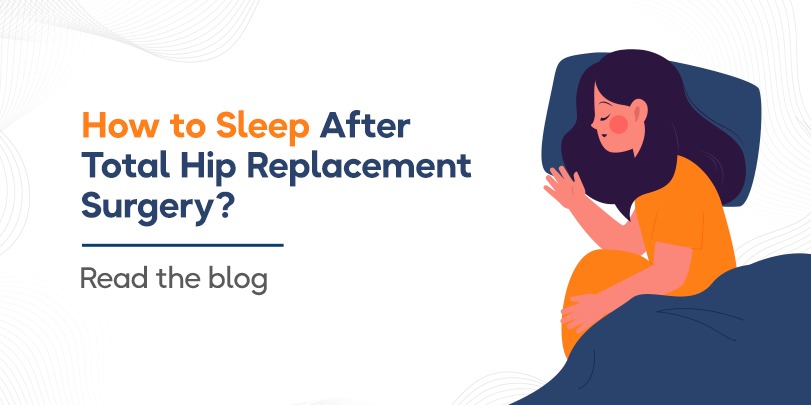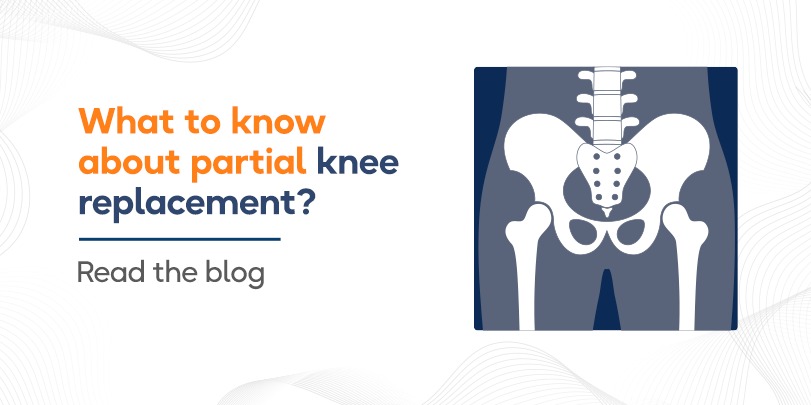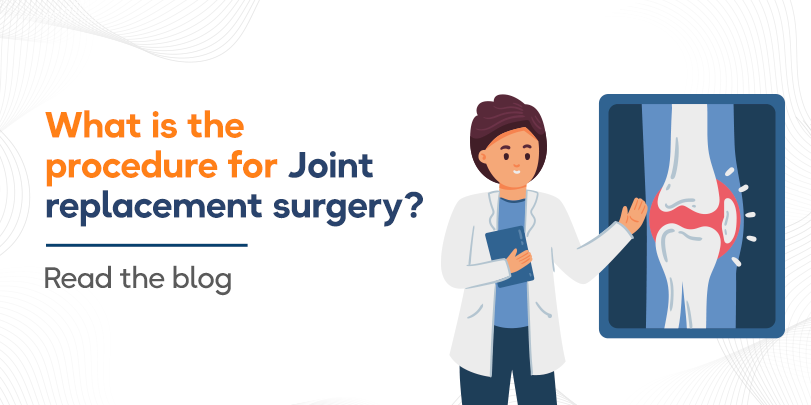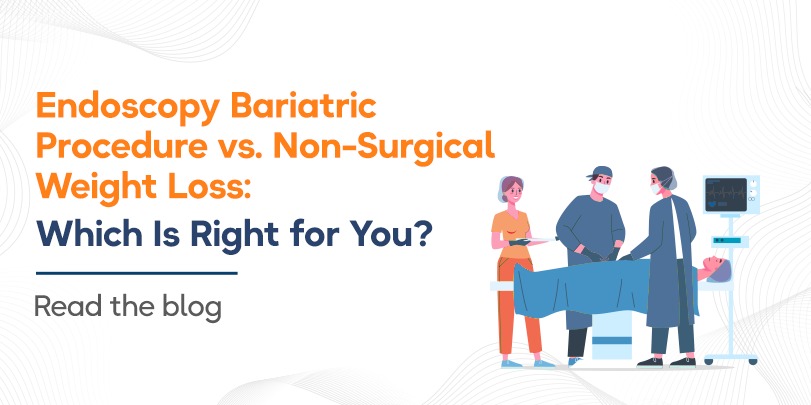A hernia is a common but frequently misunderstood condition. It might sound like a big, complicated word and understanding it can be difficult at first. This is why we’re here to explain this condition in a way that’s easy to understand for us all.
What is a hernia?
Imagine your body as a beautiful garden; your organs are like the flowers and plants growing within it. Just like a fence surrounding a park keeps everything in place, your muscles act as solid barriers that hold your organs where they belong.
However, these barriers can sometimes weaken, like a fence that starts to break down over time or with impact and damage. When this happens, there’s a chance that one of your organs might jump out of its confines like a plant seeking out sunlight. This wandering organ, when it pushes through a weak walls or weak spots, is what we call a hernia. If the muscle wall is in strenuous shape, a hernia might face strangulation.
A hernia can occur in different areas of your body, but it’s more common in the region between your chest and hips, like the vibrant flowerbed in the middle of your garden. When the organ protrudes, it creates a small bump or mound, almost like a mini hill in your garden. Sometimes, if you gently press on this bump, it might retreat back into your body, just like coaxing a shy bud back into its protective petals.
In case the hernia continues to grow or causes discomfort, you may require hernia surgery to repair it. If you are in Ahmedabad, there are specialized doctors who perform hernia surgery and are experts in hernia repair surgery. They have the skills and knowledge to delicately mend the weakened area and ensure a successful surgery for hernia. So, if you are looking for hernia surgery in Ahmedabad or seeking a hernia repair doctor, you can trust the expertise of our skilled medical professionals at Radiance Hospitals to address your needs effectively.
Now, when this type of hernia bulge starts causing discomfort or continues to grow, we have an excellent solution to fix it: robotic surgery – a minimally invasive surgery alternative to open hernia repair. Imagine a team of tiny, skilled gardeners, specifically hernia repair doctors, working diligently inside your body. Our expert surgeons considered the best hernia specialists, utilize their precision and expertise. But we’ll get to that in a second.
First, it is important to know which kind of hernia you have.
Hernia Symptoms and types
Hernias can vary in terms of their size, location, and severity. Let’s explore some key aspects to gain a better understanding. The decision to undergo repair may depend on several factors. While if a hernia is small it may not always require emergency surgery, however, most doctors recommend surgery for larger or symptomatic hernias. However, even if the hernia is tiny, you should get the best treatment fast because hernias attend to grow bigger over time. Moreover, strenuous activities can bring the hernia back. And remember to always watch for symptoms, if you feel the symptoms.
It is important to address hernias promptly because if a hernia becomes trapped, it can lead to complications. This is known as an incarcerated hernia, where the contents of the hernia become trapped inside the hernia sac. This situation requires emergency hernia care and is often harder to repair. it also usually necessitates surgical repair to release the trapped structures and alleviate the associated risks.
Ultimately, the decision to recommend hernia surgery is based on various factors such as the size and symptoms of the hernia, the patient’s overall health, and the surgeon’s expertise and judgment. It is always best to consult with a healthcare professional who can assess the specific circumstances and provide personalized recommendations regarding the most suitable treatment options.
Inguinal hernias
These occur when the intestines protrude through the inguinal canals, located in the lower abdominal wall. These hernias are more common in men, with around 27% of men and 3% of women estimated to develop one in their lifetime.
Femoral hernias
These, on the other hand, occur in the femoral canals situated in the upper thigh/outer groin area. They are less common than inguinal hernias and primarily affect women. If left untreated, femoral hernias pose a higher risk of complications compared to inguinal hernias.
Ventral hernias
These emerge when organs push through openings in the abdominal muscles. There are three types:
- Epigastric hernias appear above the belly button.
- Incisional hernias result from a weakening of the abdominal muscles caused by previous abdominal surgery.
- Umbilical hernias are most prevalent in newborns, particularly premature babies. They usually close naturally by the age of 4 but can be more problematic when occurring in adults.
Hiatal hernias
These transpire when the upper part of the stomach bulges into the chest through a small opening called the hiatus in the diaphragm. This allows the oesophagus, which carries food from the mouth to the stomach, to pass through the diaphragm and causes the hernia.
Surgical techniques for hernia repair
Treatment options for hiatal hernia symptoms often involve medication, while most other types of hernias typically need surgery. However, immediate surgery may not always be necessary.
Types of hernia surgery
There are two primary surgical approaches:
- Open surgery
During open hernia surgery, the surgeon makes an incision in the groin area to access and repair the hernia. After the repair, the wall is closed using stitches alone or stitches combined with a mesh patch. The mesh is specifically designed to reinforce the weakened area of the wall where the hernia occurred.
- Laparoscopic surgery
Laparoscopic hernia surgery is a minimally invasive procedure, the surgeon creates several small incisions in the lower abdomen. Specialized tools are then inserted to visualize and repair the hernia. A mesh patch is commonly used to strengthen and close the abdominal wall. Some surgeons may opt for robotic repair, controlling robotic arms from a console to perform the surgery.
While the use of mesh is a commonly employed technique that reduces the risk of hernia recurrence, it is important to note that it can also carry potential complications, such as the risk of chronic pain.
If you need hernia surgery, finding the right medical professionals and facilities is crucial for successful treatment. Make sure you don’t delay surgery and repair a hernia asap. If you’re in need of hernia repair, it’s important to seek out a skilled hernia repair doctor, someone who specializes in this specific field and can provide expert care. Finding the best hernia specialist ensures that you receive the highest level of expertise and personalized attention throughout your treatment journey.
So, who is the best doctor for hernia? It depends on several factors, including their experience, reputation, and patient outcomes. It’s advisable to do some research and seek recommendations from trusted sources to identify the best doctor for your specific needs.
Additionally, choosing the best hospitals for hernia surgeries is equally important. Opting for hospitals renowned for their excellence in hernia repair procedures guarantees access to state-of-the-art facilities, cutting-edge technology, and a multidisciplinary team of healthcare professionals. These hospitals prioritize patient safety, comfort, and overall well-being while providing comprehensive care for hernia patients.
By combining the expertise of a top-notch hernia repair doctor with the resources and support of the best doctor for hernia surgeries at Radiance Hospitals, one of the best hospitals for hernia surgery in Ahmedabad, you can have peace of mind knowing that you’re receiving the highest quality care available. Together, they form a powerful partnership in treating hernias effectively and ensuring a smooth recovery, allowing you to regain your health and resume your daily activities with confidence.
Read More: The Benefits of Laparoscopic Hernia Repair Surgery and the Recovery Process

